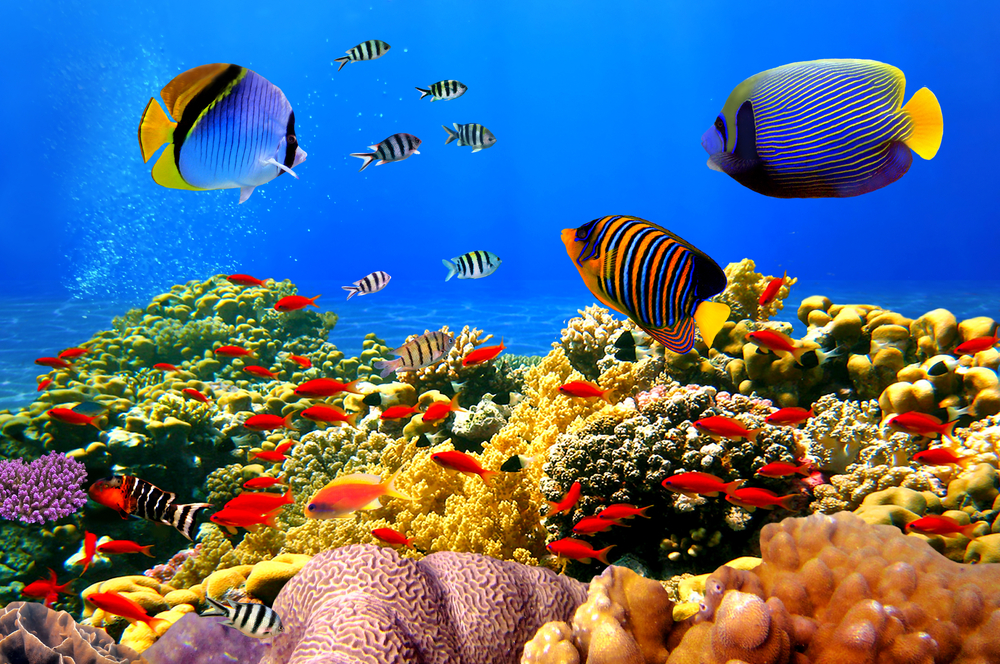Wastewater Treatment and its Benefits to Fish
Undeniably, the biggest issue surrounding the disposal of wastewater is the impact it can have on our marine environments. The negative effects of wastewater on aquatic life are well documented. Stormwater, industrial wastewater and other pollutants have a severe effect on fish populations and marine ecosystems if not properly managed.
After a decade-long study, researchers in Canada determined that improved water treatment benefits marine populations. This highlights the importance of using quality water treatment systems in high-risk places such as stormwater systems, marinas and agriculture, oil, gas, and mining industries.
Impact of Wastewater on Fish
Pollutants ranging from oil and hydrocarbons to pharmaceuticals and household chemicals can affect how fish mate and spawn. This is the case even when pollutants are not present at high enough levels to cause visible damage. Rather, the negative impact is subtle and accumulative.
The bigger concern is that we may be unable to grasp the full extent of the problem until it’s too late. While we can tell if fish are suffering from obvious physiological or anatomical changes such as lacking mature secondary sexual characteristics or being intersex (such as those observed by the Canadian researchers) determining the impact on mating behaviour requires far more meticulous work.
American researcher Melissa Schultz found that low concentrations of antibacterial agents commonly found in soaps, detergents and other household products do in fact change reproductive and other behaviour in fish. This has significant repercussions for how stormwater is handled by local governments around the world.
How Improved Water Treatment Helps
The results of the Canadian research found that after upgrading the wastewater treatment plant near Ontario’s Grand River, there was a 70 per cent decrease of intersex fish within a year. After three years, the fish population made a full recovery.
These results are highly encouraging as they demonstrate that water treatment technology has progressed to a point where we can help marine ecosystems make a full recovery after being damaged by stormwater or industrial wastewater. The next step is to encourage government bodies and key industry organisations to get on board to recover the damage sooner than later.
The Importance of High-Quality Water Treatment
We all have a responsibility to limit pollution to our waterways and protect the ecosystems we all rely on. These research results suggest that industries and government must be not only be committed to treating water, but to using the latest, innovative technology to ensure all possible pollutants are eliminated.
At OLEOLOGY, we have formulated a patented treatment process capable of removing more pollutants from wastewater and stormwater than ever before. For example, the MyCelx polymer in our treatment systems binds with oil, allowing it to be removed from water at a level of less than 1 ppm, a feature previously unheard of. It is the only technology certified by Lloyd’s Register for oily water treatment and discharge into marine environments.
Our water treatment solutions are internationally proven and proudly deployed in more than 100 installations in major oil, petrochemical, gas, power, utilities, government, military, and manufacturing industries. Get in touch with OLEOLOGY today if you require an effective and affordable water treatment process.
For more information, call us today on 1300 692 359 or contact us online.



